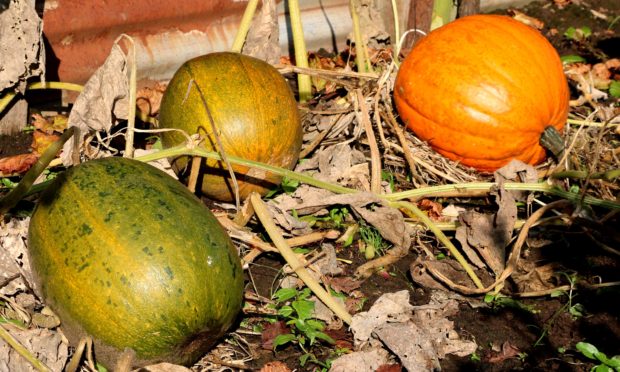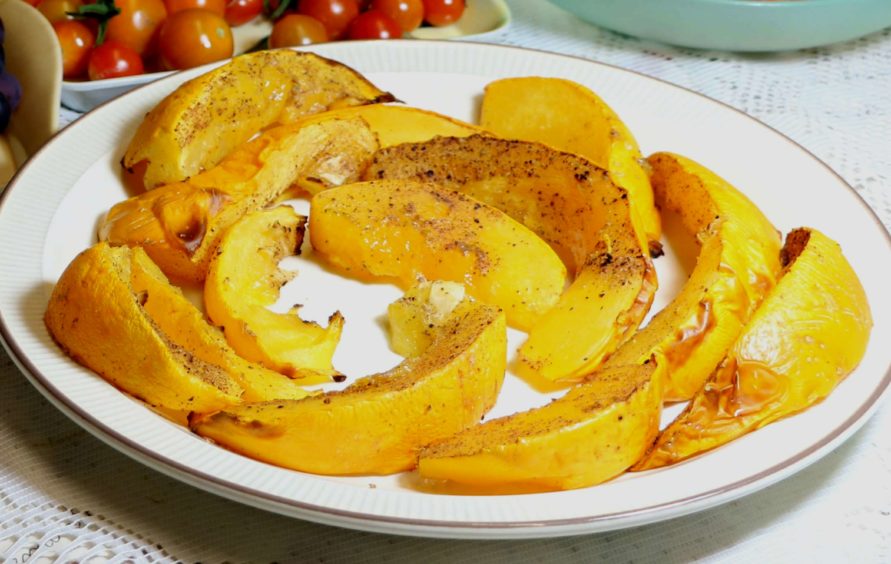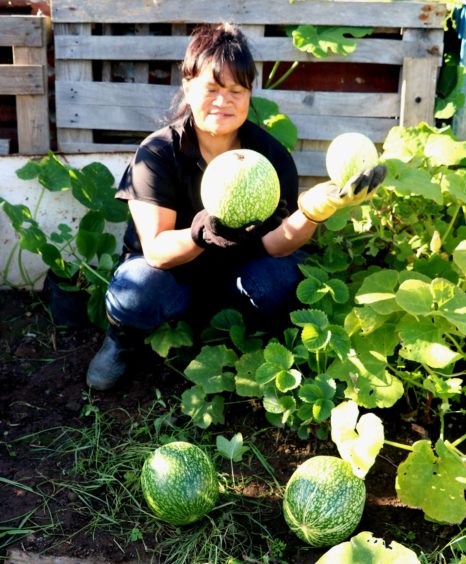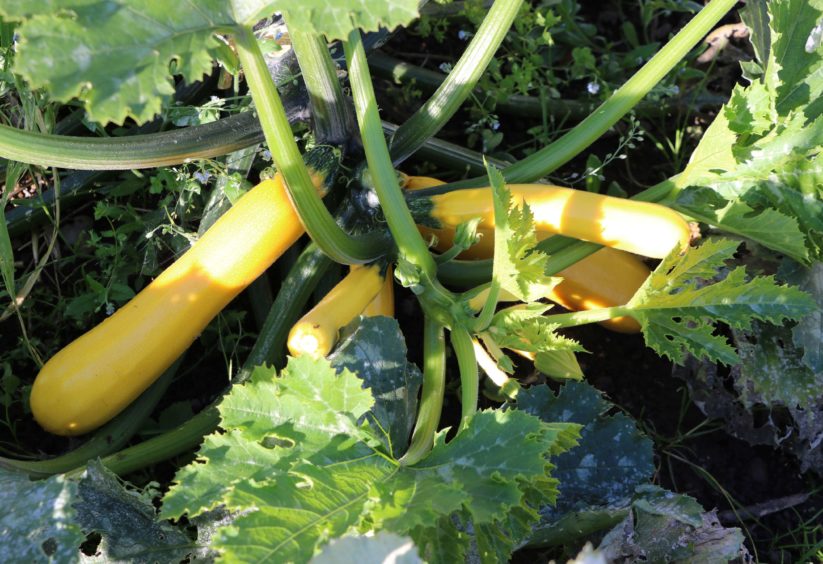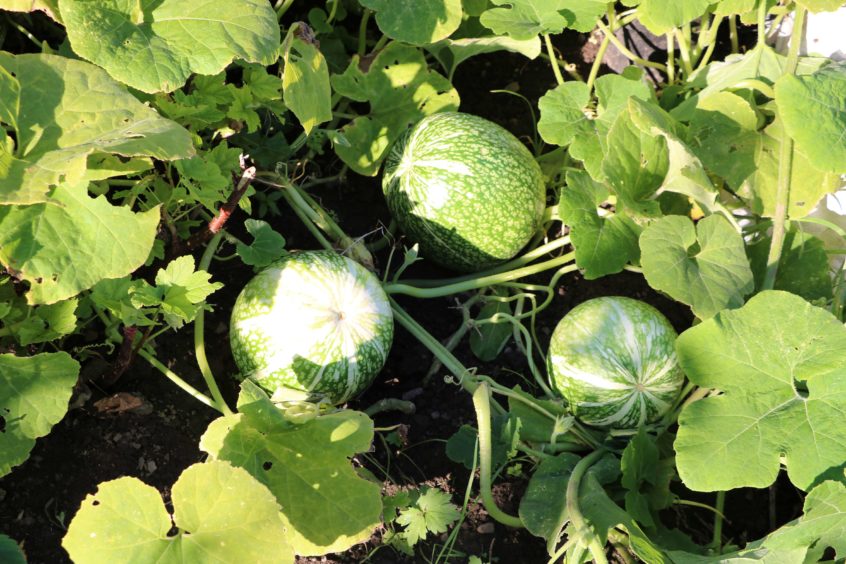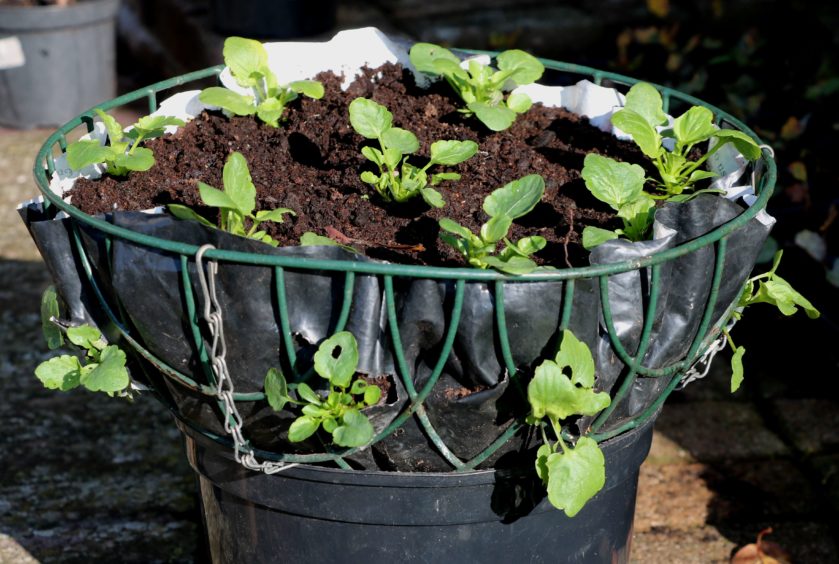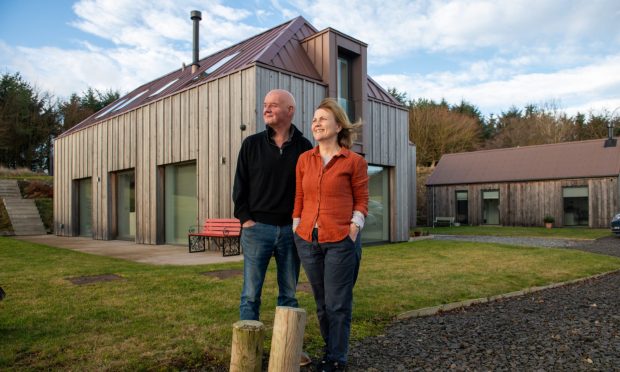The arrival of Halloween can only mean one thing for John Stoa – pumpkins!
Pumpkins belong to the cucurbita family, which also includes vegetable marrows, cucumbers, butternut squashes, gourds, courgettes, shark fin melons, melons and several other variations which differ according to the country where they are grown.
They have been a source of food for over 7,000 years growing in their natural environment from southern Canada down to Mexico, Central America, Argentina, Chile and Brazil, but are now so popular they are grown all over the world.
The USA is a massive importer of pumpkins mostly grown in Mexico.
Gardeners in UK grow melons and cucumbers under glass and courgettes, marrows, squashes, gourds and pumpkins outdoors.
As people on holiday see other types grown abroad we are now all experimenting in growing something different and then trying out new ways to cook them.
The Shark Fin Melon seems to be the latest to appear in allotments.
It is very vigorous and can soon take over large parts of the plot if allowed.
It produces an abundance of large green and white spotted fruits which can be used in soups and stir fry dishes.
Cucumbers and melons need warm conditions in a glasshouse and although the cucumber is relatively easy to grow and very productive, melons are far more challenging.
They can take up a lot of space in the greenhouse, so if you grow tomatoes and a grapevine you will need a big greenhouse to accommodate a melon.
Outdoors the courgettes, gourds, vegetable marrows, butternut squashes, sharks fin melons and pumpkins are all relatively easy to grow provided they get fertile soil and a constant supply of moisture.
Usually a mulch will help them through any dry spells in summer, and keep an eye out for mildew which spreads very rapidly.
They all need a warm summer and a favourable autumn to help ripen them up.
The summer of 2018 was perfect for them but this year the continual wet weather and lack of sunshine has done them no favours.
My two Zucchini courgettes only gave me six courgettes to take home, although the plant had great vigour. The flowers just did not set.
My three pumpkins planted nearly four feet apart only produced four large fruits.
There were a few more but they all rotted away in the wet weather.
However, vigorous shoots started running all over the place, even trying to climb up my Autumn Bliss raspberries and blackcurrant Big Ben.
I had let them roam free hoping that at some point the flowers would produce a pumpkin.
To get really big pumpkins give them a weekly feed with a high potash liquid feed like tomato fertiliser.
However my four pumpkins will keep Anna happy in the kitchen for several months as they go a long way.
My favourite is roasted pumpkins, but they also make a great soup, or used as a side dish or added to numerous other recipes.
Pumpkins as well as the other cucurbits are all a good source of potassium and vitamin C and rich in the antioxidants alpha and beta carotene, which are both precursors to vitamin A, a vitamin that is important for keeping eyes healthy.
Butternut squash has become very popular as the main ingredient in creamy soups, ravioli filling, and risotto.
It is quite sweet and has very few seeds. Pumpkins are a great plant to get the kids involved in nature and growing from seed sowing, planting, watering and feeding, and then you will need them to help in the harvest.
Unfortunately they will want the biggest one for carving up into a lantern, though all the flesh scraped out can still be used for a sweet pumpkin pie, cooked of course by the kids.
Wee jobs to do this week
Make up hanging baskets for a spring display. Pansies are always favourite. Use an old compost bag inside out (black side outside) with a few slits around the side and cut to shape. Fill with a mixture of potting compost and some good garden soil and add a dusting of fertiliser. Plant up the sides first then add compost up to the top and finish the planting. To give an early start to the display, plant a few crocus bulbs amongst the pansies. I keep my hanging baskets in a cold greenhouse perched on top of a large flower pot to give them some shelter over the winter and an early start in spring.
